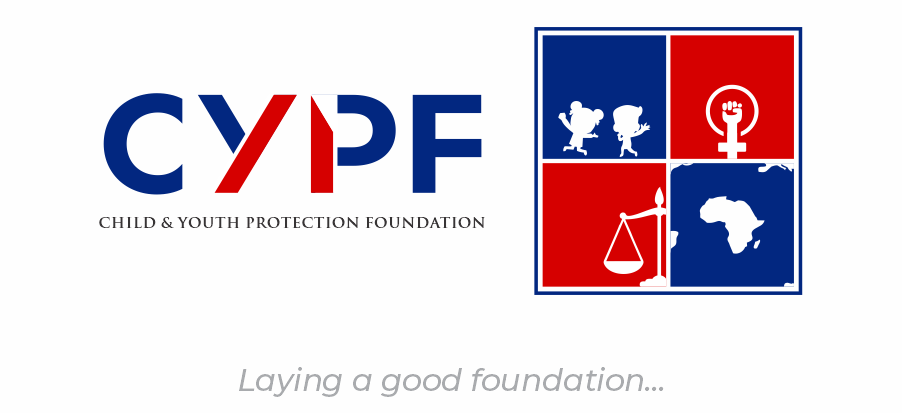The Day of the African Child (DAC) is an annual event celebrated on June 16th to raise awareness about the rights of children in Africa and to promote their well-being. The theme for DAC2025, “Planning and Budgeting for Children’s Rights: Progress Since 2010,” is particularly significant as it focuses on planning and budgeting for children’s rights. Let’s dive into the discussion.
Planning and Budgeting for Children’s Rights:
In 2019, the African Union adopted the 2030 Agenda for Sustainable Development and the African Union’s Agenda 2063, which includes commitments to ensure that all children have access to quality education, healthcare, and protection from violence, exploitation, and abuse.
Effective planning and budgeting are crucial to ensure that children’s rights are prioritized and adequately funded. This involves:
1. Budget allocation: Governments should allocate sufficient funds to sectors that directly impact children’s lives, such as education, healthcare, and social protection.
2. Child-sensitive budgeting: Budgets should be designed to address the specific needs of children, taking into account their rights and vulnerabilities.
3. Participatory budgeting: Children, young people, and civil society organizations should be involved in the budgeting process to ensure that their voices are heard and their needs are considered.
Progress since 2010
Since 2010, significant progress has been made in advancing children’s rights in Africa. Some notable achievements include:
1. Increased access to education: According to UNESCO, the number of out-of-school children in Africa decreased from 33 million in 2007 to 17 million in 2019.
2. Improved healthcare:The African region has made significant progress in reducing child mortality rates, with a decline of 54% in under-5 mortality rates between 2000 and 2019 (WHO).
3. Strengthened child protection: Many African countries have established child protection systems, including laws, policies, and institutions to prevent and respond to child abuse, neglect, and exploitation.
However, despite these gains, significant challenges persist:
1. Funding gaps: Many African countries still face significant funding gaps to implement programs and services for children.
2. Inequality and disparities: Children in disadvantaged communities, particularly in rural areas, continue to face barriers in accessing essential services.
3. Emerging challenges: The COVID-19 pandemic, climate change, and conflicts have exacerbated existing challenges and created new ones, threatening the progress made so far.
The Day of the African Child 2025 and the Way Forward:
As we mark DAC2025, it is essential to:
1. Reaffirm commitments: Governments, civil society, and other stakeholders must reaffirm their commitments to children’s rights and well-being.
2. Strengthen partnerships: Collaboration and partnerships between governments, civil society, the private sector, and international organizations are crucial to mobilize resources and expertise to support children’s rights.
3. Enhance accountability: Mechanisms for accountability and transparency must be strengthened to ensure that governments and other stakeholders are held accountable for their commitments to children’s rights.
By prioritizing planning and budgeting for children’s rights, we can accelerate progress and ensure that all children in Africa have the opportunity to thrive and reach their full potential.
#DayOfTheAfricanChild #DAC2025 #ChildRights #BudgetForChildren #InvestInChildren #SocialJustice #LeaveNoChildBehind #AfricaRising #SustainableDevelopment #Agenda2063 #SDG4 #ChildProtection #YouthAdvocacy #PolicyMatters #HumanRightsInAfrica
Jemimah Tsado
